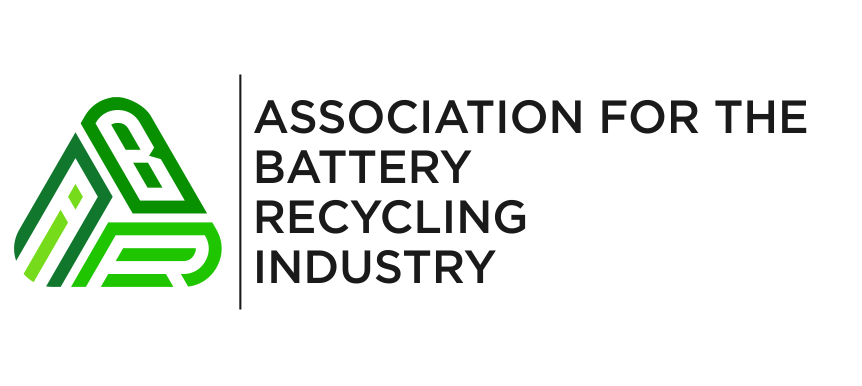Why it’s important to recycle batteries
Video - benefits of battery recycling
To recover valuable resources and critical minerals
Materials such as lead, cadmium, mercury, lithium, manganese, nickel and zinc are used to make batteries. These materials are all non-renewable, can be recycled an indefinite number of times and have a commercial value.
By recycling your batteries, you contribute to raw materials for new batteries and improve security of supply of critical minerals.
To reduce fire risks in landfill and garbage trucks
Batteries can catch fire. Lithium ion batteries are particularly dangerous if mishandled as they can catch fire if they are damaged or if they overheat.
Always protect the terminals once you have finished with your batteries by taping the ends. Do not send your batteries to the trash as they can cause fire in the truck or in the landfill. This is very bad news as landfill fires can cause serious large scale air pollution and are costly to rebuild new facilities.
By recycling your batteries through a battery recycler, you can avoid this fire risk.
To keep toxic substances away from humans and the environment
Batteries can contain toxic substances, such as mercury, cadmium, and lead. Button cell batteries are particularly dangerous as if swallowed they can cause burns or even death. All batteries should be handled with care as depending on the type they can be more or less toxic.
Use button cell batteries should not be stored in the home for long and always be out of reach of children.
By recycling your batteries you can keep toxic substances out of harms way.
To protect the environment
Most batteries contain hazardous materials and can pollute the environment when disposed of in landfills or when thrown out elsewhere. Materials like lead, cadmium and mercury can poison people and animals and contaminate soils and water, and they stay in the environment for a long time.
By recycling your batteries you can protect the environment.
To support a circular economy
Everyone is talking about the circular economy! It’s new wording, but an old and wise idea. It means that we recognise that to make new products such as batteries, the best way is to use the materials from old ones. This is becoming very important as to some materials contained in batteries are becoming hard to get.
By recycling your batteries, you can help make sure we have enough materials to make the batteries of the future.
